On December 13, the Embassy of the Republic of Uzbekistan in Seoul hosted Uzbekistan – Korean roundtable discussion on enhancing the strategic partnership between the countries and bringing bilateral relations to a qualitatively new level.
The event was attended by leading experts from the Institute for Strategic and Interregional Studies, the Center for Economic Research and Reforms and the International Institute of Central Asia.
The Korean side was represented by the former Ambassador of the Republic of Korea to Uzbekistan, Professor of Keimyung University Jeong Dae-Wan, Secretary General of the Central Asia-Korea Cooperation Forum Lee Jongkuk, Director of the Institute for Eurasian Turkic Studies, Professor of the Women's University Oh Eunkyung and Director of the Foreign Relations Department of the Center for Korean Language Learning, Korea Polytechnic University, Professor Joh Nam Joo.
At the event, held on the eve of the state visit of the President of the Republic of Uzbekistan Shavkat Mirziyoyev to South Korea, experts exchanged views on promising areas of cooperation, assessed the state of cultural and humanitarian interaction, discussed issues of intensifying mutual exchanges in the post-pandemic period.
It was noted that the planned meeting of the leaders and bilateral talks will serve to further deepen the special relations between the two friendly countries.
Uzbekistan analysts informed the Korean side about the priorities for further reforms within the framework of the New Uzbekistan Development Strategy. The main attention was paid to further steps to deepen regional cooperation in Central Asia, as well as the development of interaction with strategic partner countries, among which the Republic of Korea has a special place.
In turn, as the Korean experts emphasized, Uzbekistan is the most important partner of the Republic of Korea in Central Asia. In this regard, it was noted that today there is an objective need for the joint development of the next large-scale projects that will lay the foundation for the development of cooperation for many decades to come.
Following the meeting, the parties agreed on the need for further filling the bilateral agenda with breakthrough agreements that meet the enormous potential of the countries. They expressed their readiness to build up scientific ties, implement joint research projects and organize conferences on the current issues of bilateral relations and regional cooperation.

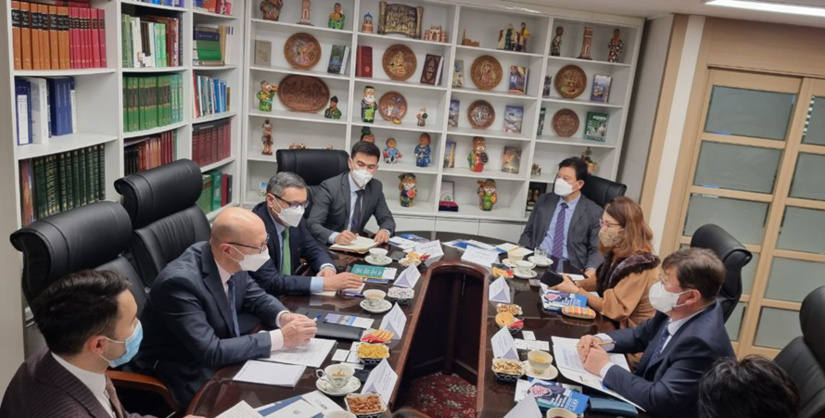
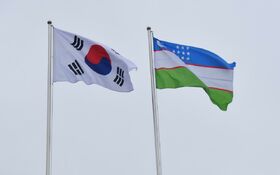
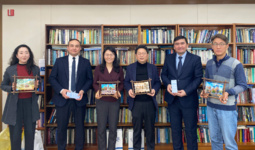


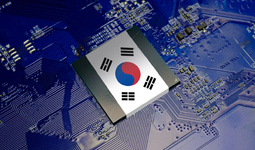
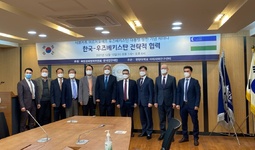
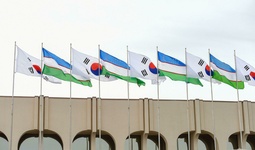













leave a comment